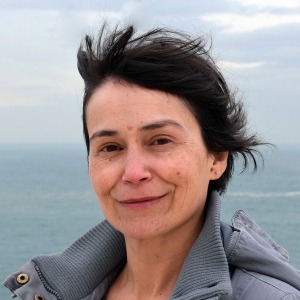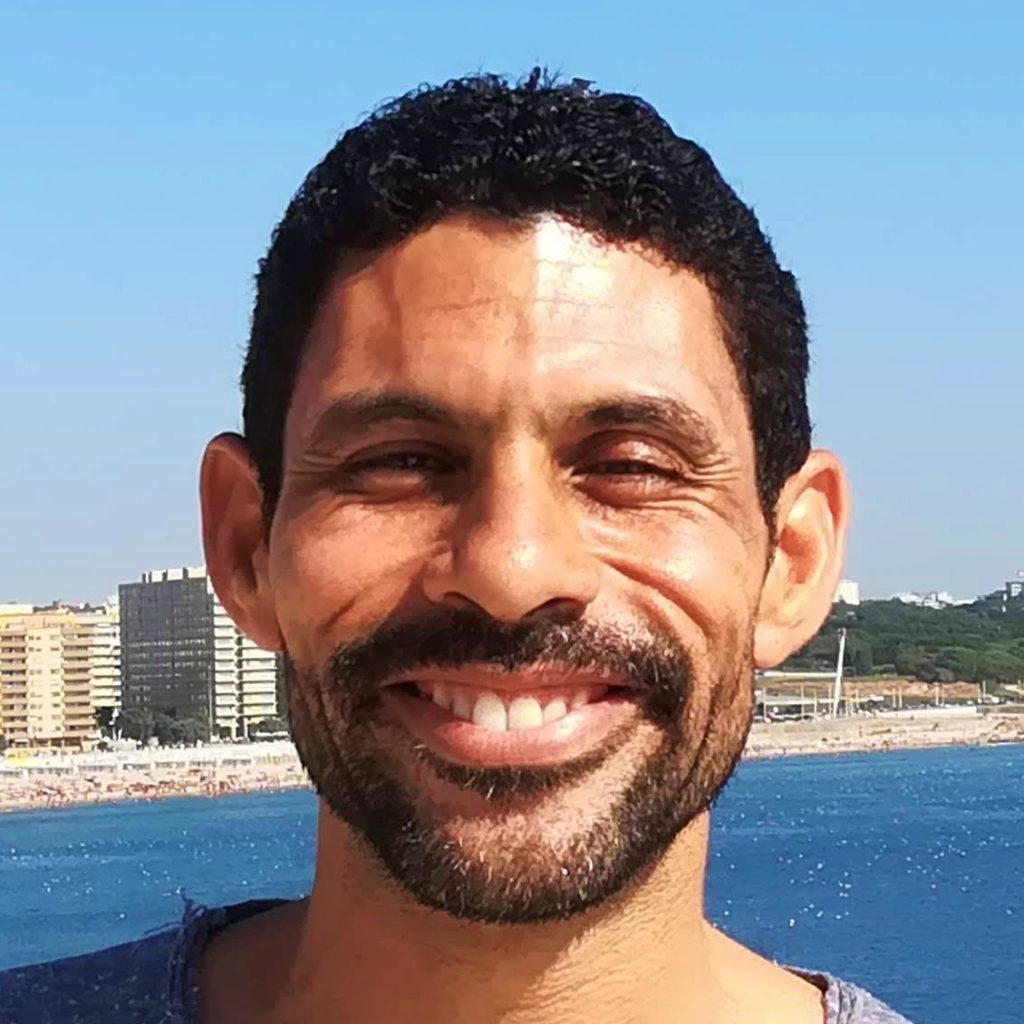The goal of the MEMO team is to develop and use different types of ecological models (e.g., bioenergetics, population dynamics, food web, end-to-end) to improve the holistic understanding of marine ecosystems.
Our research focuses the development of models of individuals, populations, and ecosystems to study the effects of multiple stressors (climate-related factors, plastics, pharmaceuticals, organic pollutants, IAS, etc.) and emergent challenges on marine and coastal systems, throughout different time and spatial scales.
We aim to contribute to whole-system analysis of marine ecosystems, engaging in multidisciplinary teams, and coupling ecological models with other tools (e.g., circulation models, statistical models, GIS, APPs, databases).
Our ultimate goal is to support Environmental Risk Assessment (ERA) and decision-making on the sustainable use of coastal and marine ecosystems in their multiple dimensions, from the ecological to the socio-economic and wellbeing perspective.


Irene Martins (PhD in Ecology) is the Principal Investigator of the Marine Ecosystem team of CIIMAR (MEMO). Her research focuses the development of ecological models of organisms, populations and marine ecosystems, aiming at understanding their dynamics and predict their variations over time and space, induced by several stressors (e.g., climate change, plastics, pharmaceuticals, pollutants, IAS). She is interested in multidisciplinary approaches to marine ecosystems, through the integration of different numerical tools and IT solutions (ecological, hydrodynamic, socio-economic models, GIS, APP, etc.), that can result in valid frameworks to support the sustainable development and preservation of these ecosystems.


With a master’s degree in Biology, from the University of Coimbra, I started my journey in ecological modelling with the completion of my master’s project (2008-2010), where I developed skills in the development, calibration, and validation of models of population dynamics of estuarine amphipods.
Modelling represents for me the opportunity to merge the two areas that fascinate me, Biology and Mathematics, to develop tools for scientific research and specially to support the definition of environmental management strategies.


Yuri Costa is an Adjunct Professor at the Federal University of Recôncavo da Bahia, where he teaches subjects related to oceanography and environmental management. He has an undergraduate degree in oceanography, a master’s degree in ecology and biomonitoring, and a PhD in ecology, the latter dedicated to ecological modeling of the effects of climate change and sea level rise on the distribution of benthic marine invertebrates in estuaries. He has expertise in field data collection, conducting laboratory experiments and collaborating with traditional communities. Yuri is skilled in polychaete taxonomy. He also has experience in map construction and uses programming languages such as R and Python for data analysis and interpretation. His research covers critical issues related to marine ecology and the impacts of environmental change, contributing to the advancement of knowledge in this area.
Azevedo, A., Navarro, L., Cavalheri, T., Santos, H., Martins, I., Ozorio, R.
2023Journal of Fish BiologyA modelling framework to assess multiple metals impacts on marine food webs: Relevance for assessing the ecological implications of deep-sea mining based on a systematic review.
2023Marine Pollution Bulletin 191. 114902Costa, Y., Martins, I., Carvalho, G.C., Barros, F.
2023Ocean & Coastal Management 236, 106490.Pinheiro, M., Martins, I., Raimundo, J., Caetano, M., Neuparth, Santos, M.M.
2023Science of the Total Environment 876: 162557.Costa, Y., Carvalho, G.C., Martins, I., Barros, F.
2022Ecological Informatics 71, 101816.Martins, I., Soares, J., Neuparth, T., Barreiro, A.F., Xavier, C., Antunes, C., Santos, M.M.
2022Toxics, 2022, 10, 46Hill, S.L., Pinkerton, M.H., Ballerini, T., Cavan, E.L., Gurney, L.J., Martins, I., Xavier, J.C.
2021Journal of Marine Systems 220, 103556Website by: Glitz Design
© 2023 CIIMAR – All rights reserved.